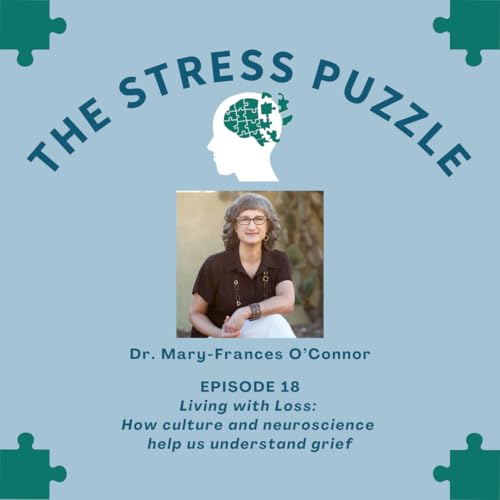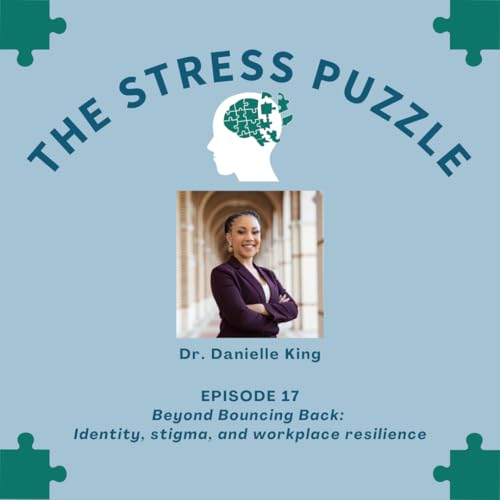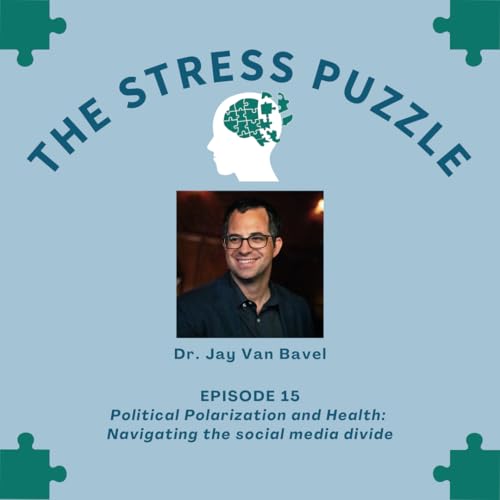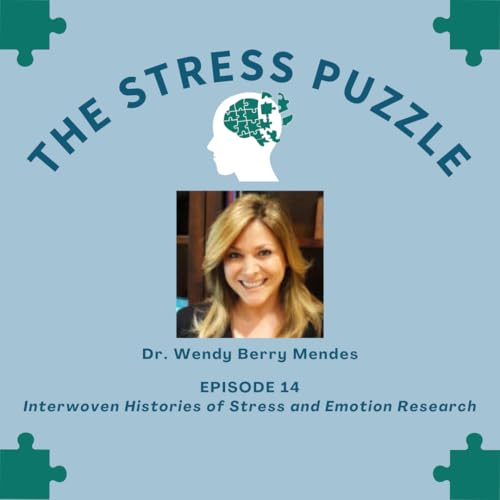For this episode, I spoke with Dr. Jay Van Bavel about political polarization as a threat to individual and societal health, which is particularly salient as we're seeing more politically-motivated violence. Specifically, we discussed the dangers of rising political polarization, how social media incentives contribute to polarization, and why we should consider political polarization as a social determinant of health. Through this episode, listeners will learn more about the psychological mechanisms behind polarization, potential interventions to reduce social and political tensions, and how social media drives polarization. Dr. Jay Van Bavel is a Professor of Psychology & Neural Science at New York University, an affiliate at the Stern School of Business in Management and Organizations, Professor at the Norwegian School of Economics, and Director of the Center for Conflict & Cooperation. His research examines how collective concerns—group identities, moral values, and political beliefs—shape the mind, brain, and behavior. He studies these issues using a combination of neuroimaging, lesion patients, social cognitive tasks, economic tasks, cross-cultural surveys, and computational social science. Dr. Van Bavel has published over 150 academic papers in top journals (including in Science, Nature, PNAS) and is a Clarivate highly cited researcher (meaning he's in the top 1% of researchers worldwide!). Beyond his research, I deeply admire his excellent science communication and the way he has translated his research for both the public and policymakers. For example, he co-authored The Power of Us: Harnessing Our Shared Identities to Improve Performance, Increase Cooperation, and Promote Social Harmony (which won the APA William James Book Award). His work has also been cited in the US Supreme Court and Senate and he has consulted with the White House, United Nations, European Union, and World Health Organization. Topics Discussed: Social IdentityPolitical PolarizationIdeological PolarizationAffective PolarizationPartisanship/Partisan AnimosityIn-Group/Out-GroupMegastudyInformation SharingMisinformation/DisinformationSocial InclusionSocial MediaPsychology of ViralityScience CommunicationTrust in Science Papers and Resources Discussed: Van Bavel, J.J., Gadarian, S.K., Knowles, E., & Ruggeri K. (2024). Political polarization and health. Nature Medicine, 30(11), 3085–3093. World Economic Forum Global Risks Report 2024Bavel, J.J.V., Baicker, K., Boggio, P.S. et al. Using social and behavioural science to support COVID-19 pandemic response. Nat Hum Behav 4, 460–471 (2020). Rathje, S., & Van Bavel, J. J. (2025). The psychology of virality. Trends in cognitive sciences, S1364-6613(25)00173-1. Advance online publication. Brady, W. J., & Van Bavel, J. J. (2025). Social identity shapes antecedents and functional outcomes of moral emotion expression. Journal of experimental psychology. General, 154(6), 1505–1522. Voelkel, J. G., Stagnaro, M. N., Chu, J. Y., Pink, S. L., Mernyk, J. S., Redekopp, C., Ghezae, I., Cashman, M., Adjodah, D., Allen, L. G., Allis, L. V., Baleria, G., Ballantyne, N., Van Bavel, J. J., Blunden, H., Braley, A., Bryan, C. J., Celniker, J. B., Cikara, M., Clapper, M. V., … Willer, R. (2024). Megastudy testing 25 treatments to reduce antidemocratic attitudes and partisan animosity. Science (New York, N.Y.), 386(6719), eadh4764. Further Readings and Resources: Van Bavel, J. J., & Pereira, A. (2018). The partisan brain: An identity-based model of political belief. Trends in cognitive sciences, 22(3), 213-224.Van Bavel, J. J., Robertson, C. E., Del Rosario, K., Rasmussen, J., & Rathje, S. (2024). Social media and morality. Annual review of psychology, 75(1), 311-340.Finkel, E. J., Bail, C. A., Cikara, M., Ditto, P. H., Iyengar, S., Klar, S., ... & Druckman, J. N. (2020). Political sectarianism in America. Science, 370(6516), 533-536.Rathje, S., Van Bavel, J. J., & Van Der Linden, S. (2021). Out-group animosity drives engagement on social media. Proceedings of the national academy of sciences, 118(26), e2024292118.Van Bavel, J. J., Harris, E. A., Pärnamets, P., Rathje, S., Doell, K. C., & Tucker, J. A. (2021). Political psychology in the digital (mis) information age: A model of news belief and sharing. Social Issues and Policy Review, 15(1), 84-113.Brady, W. J., Gantman, A. P., & Van Bavel, J. J. (2020). Attentional capture helps explain why moral and emotional content go viral. Journal of Experimental Psychology: General, 149(4), 746.Rathje, Steve, James K. He, Jon Roozenbeek, Jay J. Van Bavel, and Sander Van Der Linden. "Social media behavior is associated with vaccine hesitancy." PNAS nexus 1, no. 4 (2022): pgac207.Van Bavel, J. J., Harris, E. A., Pärnamets, P., Rathje, S., Doell, K. C., & Tucker, J. A. (2021). Political psychology in the digital (mis) information age: A model of news belief and sharing. Social Issues and Policy Review, 15(1), 84-113. -- The Stress...
Show More
Show Less
 Jan 28 202654 mins
Jan 28 202654 mins 41 mins
41 mins 28 mins
28 mins Sep 30 202529 mins
Sep 30 202529 mins 41 mins
41 mins 45 mins
45 mins 26 mins
26 mins 44 mins
44 mins
